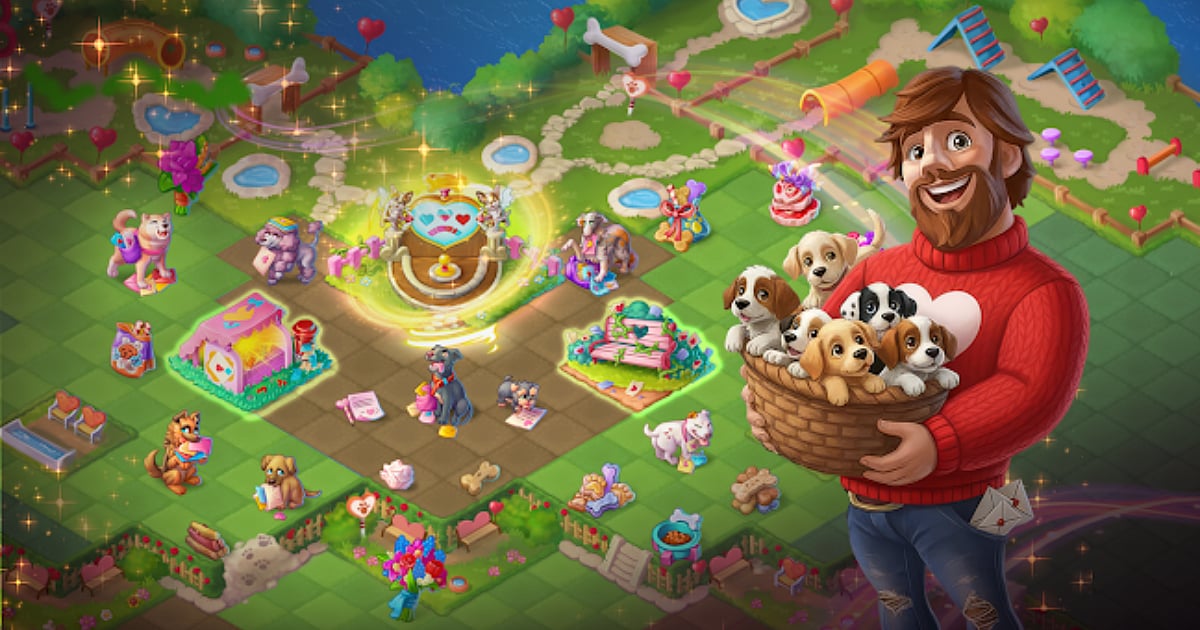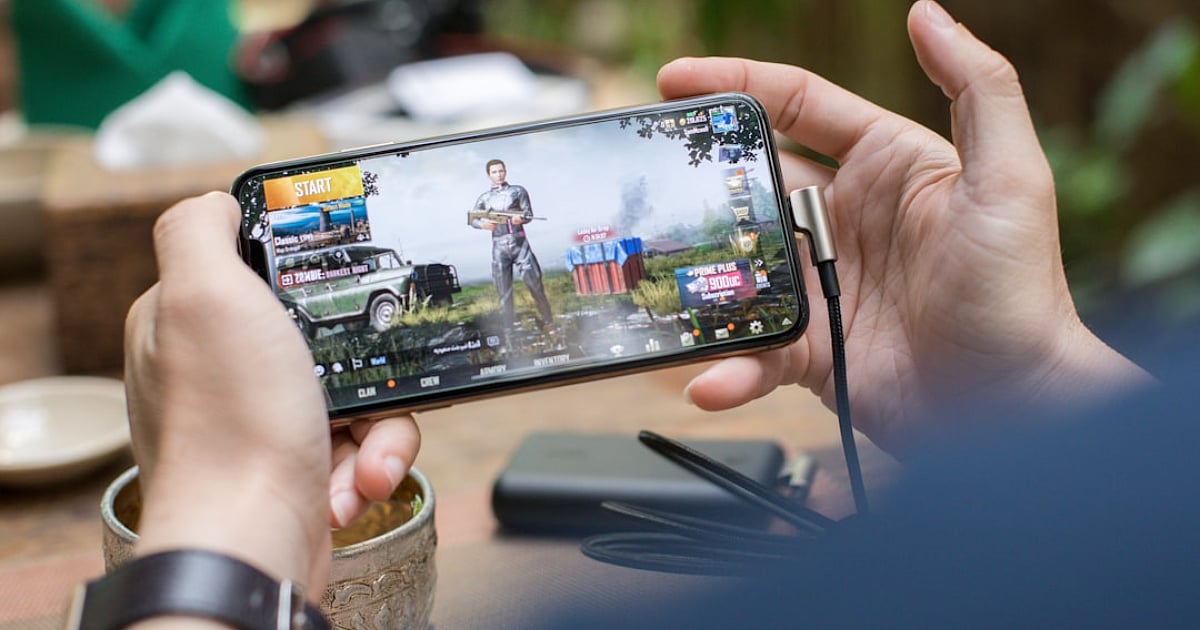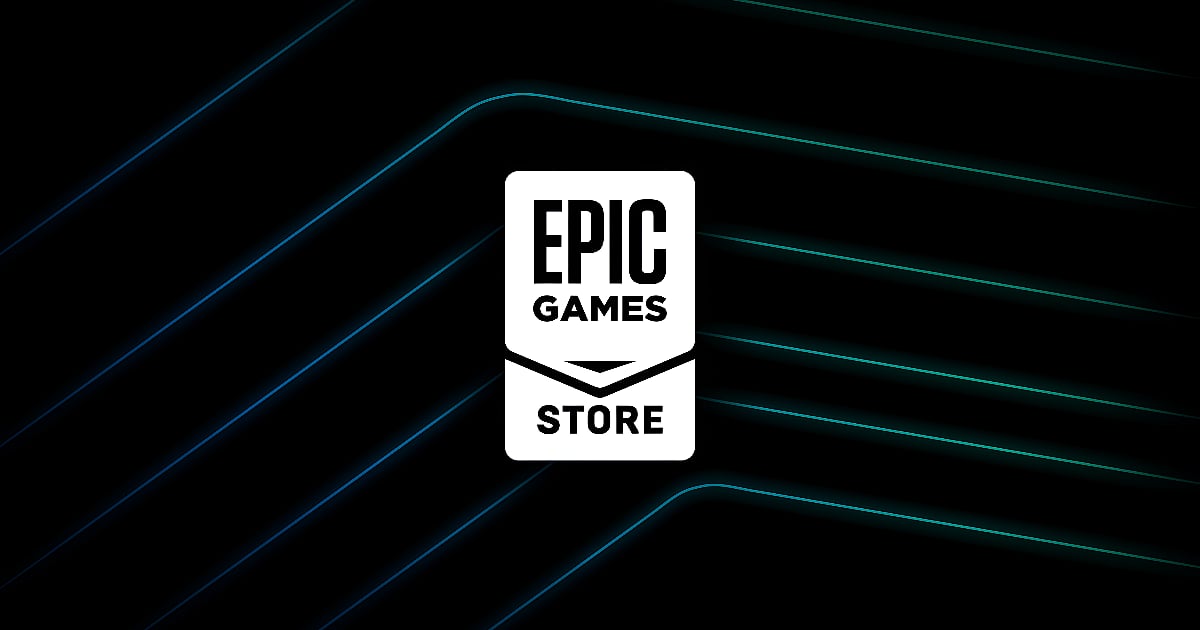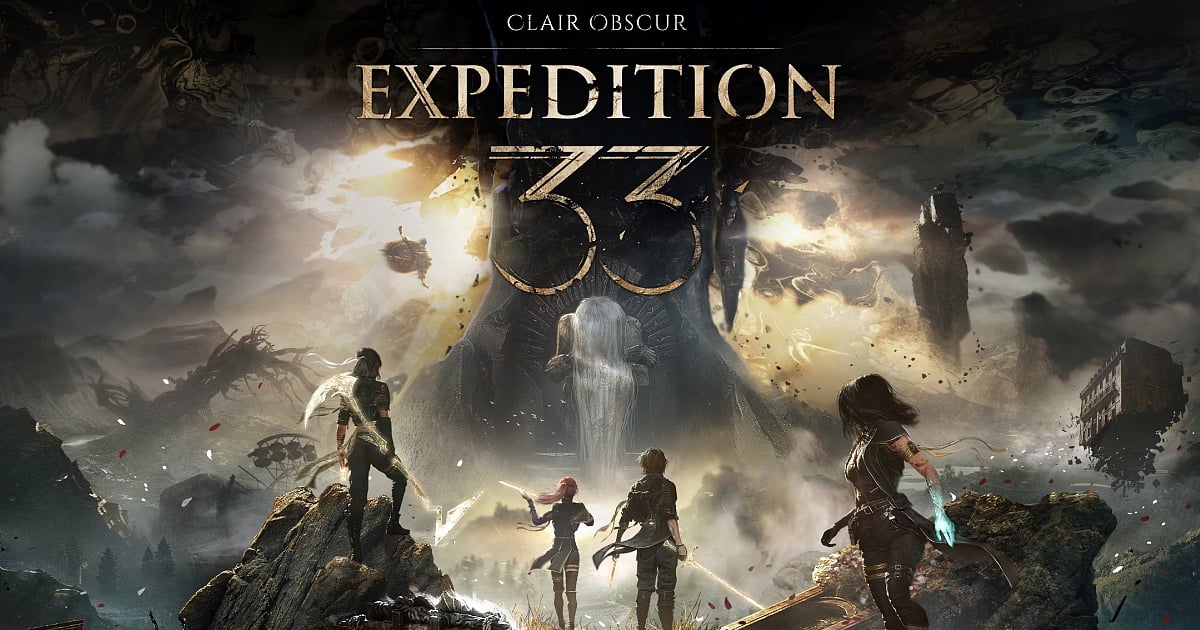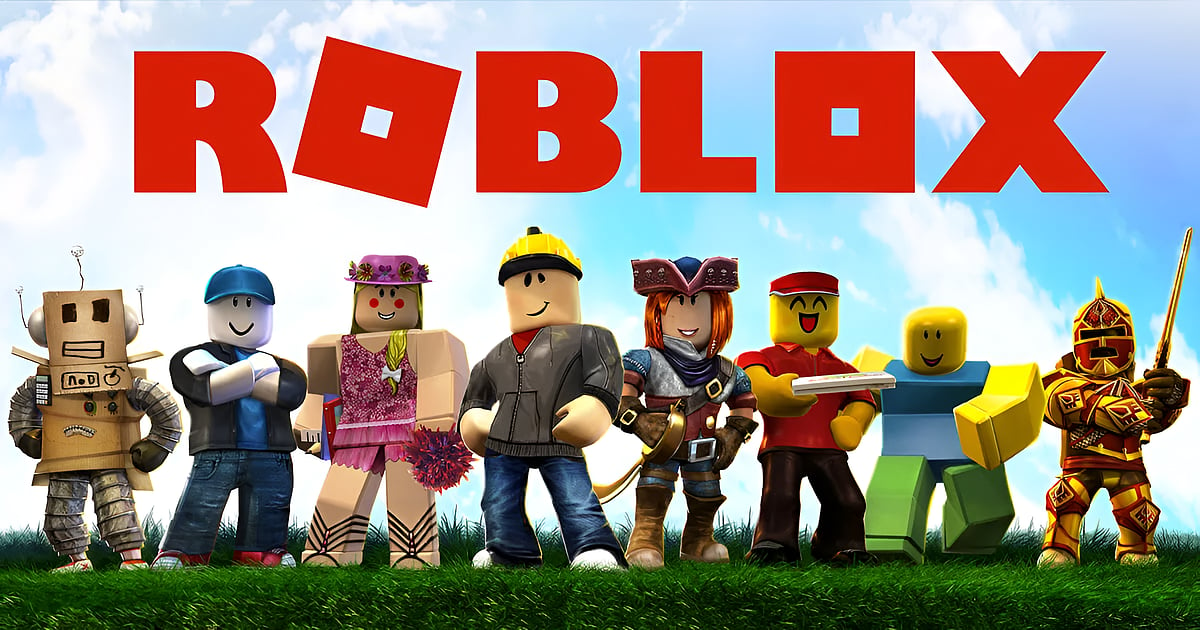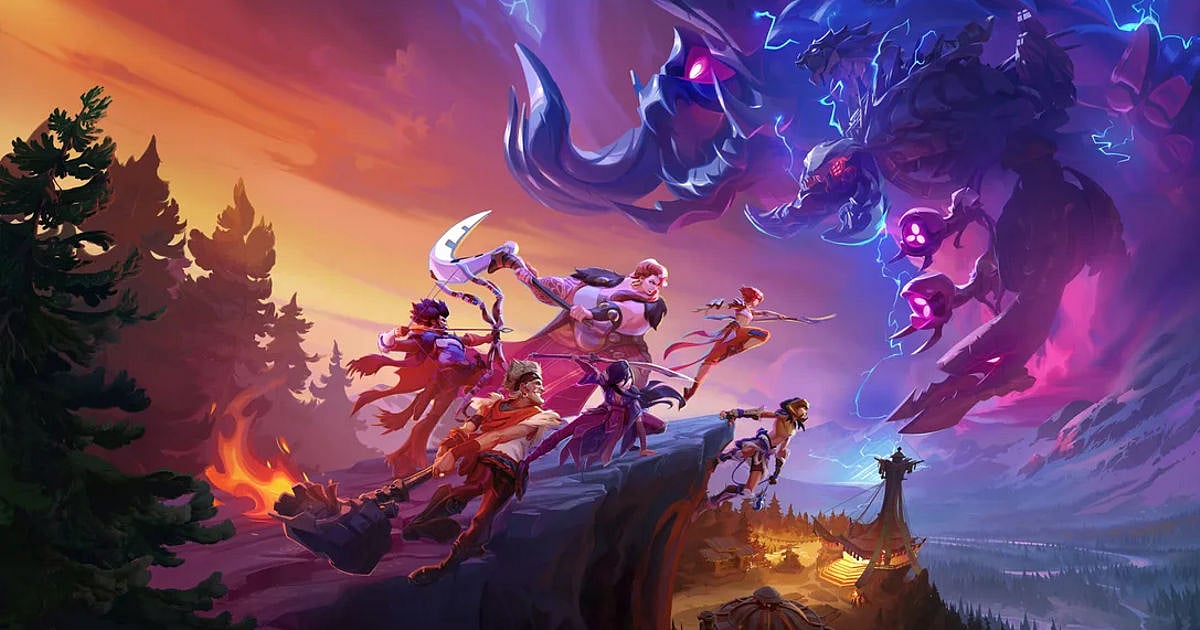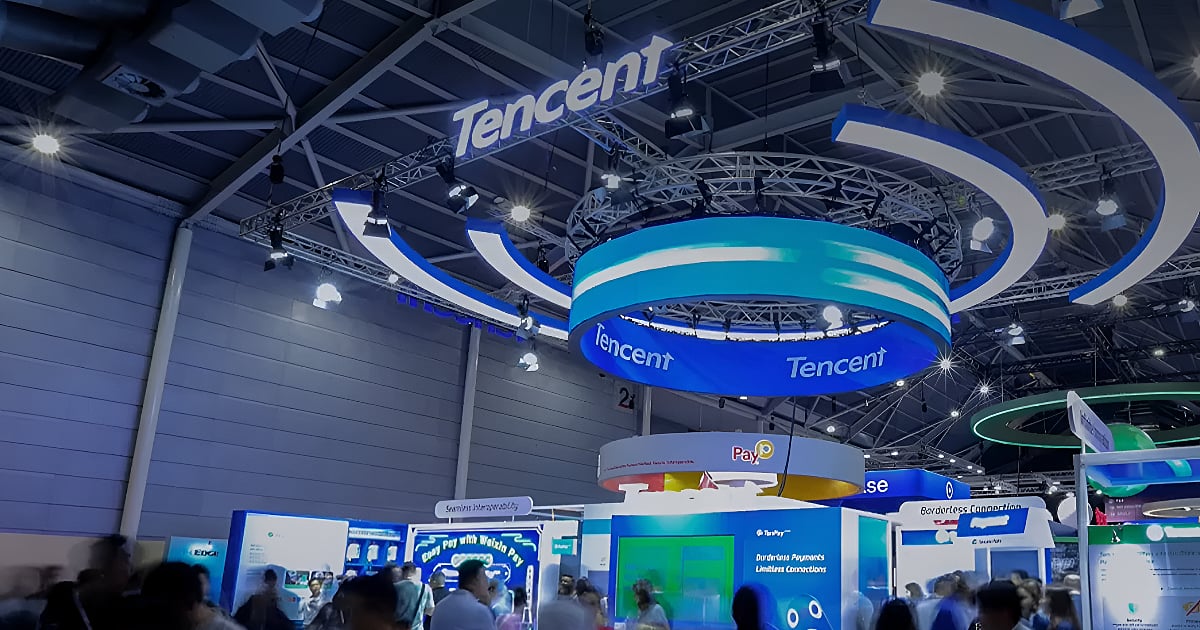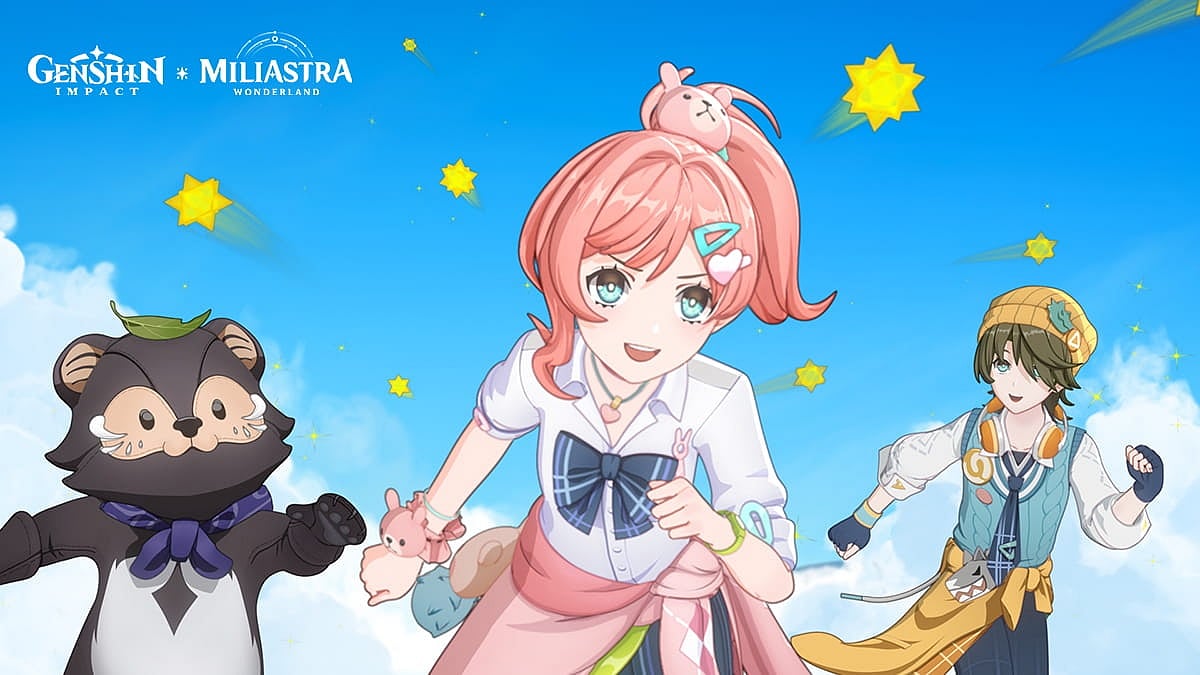
Genshin Impact Miliastra Wonderland UGC
The Power Shift: How Creator Programs Are Redefining Games
Highlights
- Creator programs transform game marketing by fostering long-term relationships, boosting retention, and driving 80% more content from engaged influencers.
- Roblox’s creator economy thrives with increased payouts and AI tools, enabling full-time development while balancing discovery for new creators.
- Genshin Impact’s Miliastra Wonderland UGC system launches in October 2025, empowering players to create and monetize custom challenges and worlds.
Fifteen years ago, influencer marketing for games was an experiment. Publishers gave out keys to streamers, hoping that video content would spark curiosity and maybe a few sales. Today, influencer marketing has become essential for any game launch or content update. The real change is not just in the size of campaigns, but in how developers are investing in creator programs that build long‑term relationships between creators and studios.
Some of the most successful platforms today show just how much the landscape has shifted. Roblox and Genshin Impact are leading examples of how formal creator programs can transform promotion into shared ownership, letting creators play a role in both community growth and game design.
From Sponsored Videos to Meaningful Partnerships
Influencer marketing used to be about reach above all else. Large subscriber numbers and viral hits determined which creators studios worked with. Every publisher wanted that one gameplay video that would temporarily push their game into the public eye.
But this model struggled with long-term retention, especially in live service games that need active communities for years, not just weeks. Creator programs have become the industry’s answer. By offering more than just a fee, these programs give creators special access, resources, and support. This helps keep them interested in a game well beyond any specific campaign window.
Recent research shows that creators who join formal programs stream 80 percent more content from the supported game. Even more importantly, these creators are 14 percent more likely to stick with a title compared to influencers outside the program. Instead of a short-lived spike, creator programs provide durable community engagement, which is especially valuable during periods when audience interest typically drops.
Roblox: Expanding the Creator Economy
Roblox is one of the world’s most ambitious experiments in creator-driven gaming. Its platform relies on talented players designing and publishing their own experiences, which are then showcased on streaming and social channels around the globe. In 2025, Roblox announced a suite of changes meant to directly reward creators and sustain the platform’s lively development ecosystem.
A key change was an 8.5 percent increase in the Developer Exchange payout rate, which lets creators earn more when converting their in-game currency to cash. Roblox also highlighted that its creators earned over $1 billion in the last year and that the company aims for 10 percent of all global gaming content revenue to flow through its ecosystem.
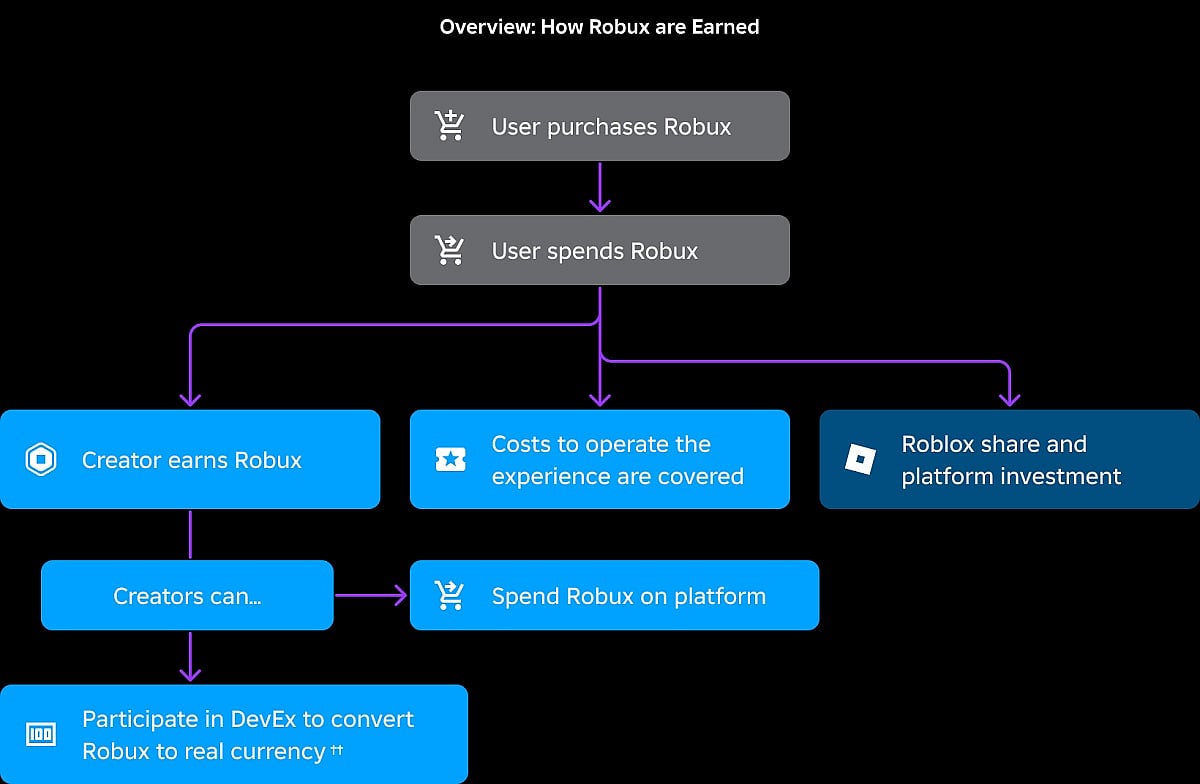
Roblox
Roblox has also introduced powerful new tools such as AI-powered content creation and new discovery features, making it much easier for creators to innovate and be discovered. Initiatives like these have attracted more developers and ensured that Roblox continues to be a vibrant platform, with creators now able to pursue game development as a full-time job in many regions.
However, as Roblox’s creator economy becomes more professional, the company faces a balancing act between supporting creators’ incomes and preserving discovery for new developers. When managed well, these programs benefit both sides: creators get a real stake in the platform’s success, and Roblox sustains a steady stream of fresh, community-led content.
Genshin Impact: Welcoming User-generated Content
While Roblox supports a full ecosystem of player‑made games, other live service leaders are finding their own ways to welcome creators. Genshin Impact’s upcoming User Generated Content (UGC) system, known as Miliastra Wonderland, is set to launch in October 2025. It lets players design their own custom challenges, game levels, and worlds within Genshin’s vibrant setting.
Unlike limited-time custom events or simple in-game editing, Genshin’s approach gives players an in-game toolkit to craft and share original content. Future updates are expected to add an economic system and ways for top creators to monetize their work. This move brings Genshin closer to Roblox’s open model, while still retaining its signature style and quality control.
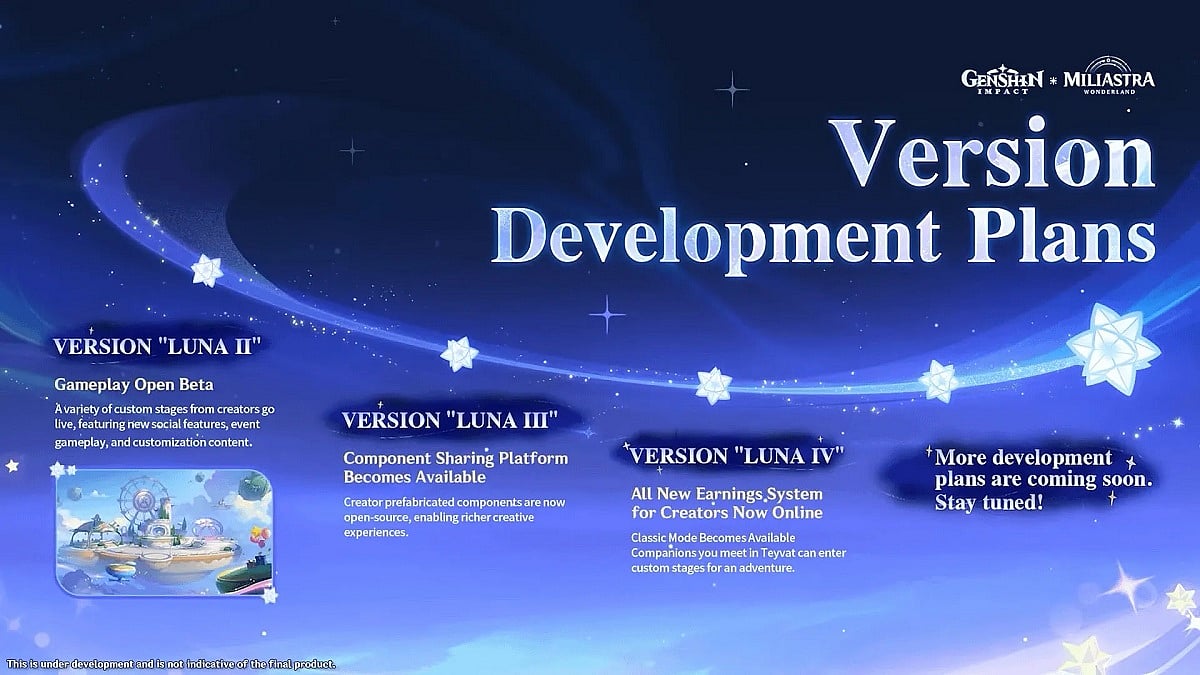
Hoyoverse
The new UGC system will allow friends to collaborate on creations and gift content using in-game currency. Plans also include the sharing of complex components, which could lower the barrier for players who want to build but do not know how to script or design from scratch.
By integrating creators directly into the core experience, Genshin Impact aims to keep communities active between major content updates. And as with formal creator programs elsewhere, the result is a stickier, more passionate audience, since creators have authentic reasons to keep playing and experimenting within the game.
Why Retention Matters More than Reach
The discussion around Earned Media Value (EMV) can sometimes miss the real point. While EMV models can show the theoretical advertising value of organic creator content, long-term engagement matters more for the health of a live service game. When creator programs are done right, they extend a game’s relevance by keeping it top of mind on streaming and social channels, even when no big paid campaign is running.
A recent study shows that program members not only make more content, but they tend to try other titles from the same publisher at much higher rates than outsiders. This cross-pollination lifts entire portfolios, not just single games. Effective creator programs are especially valuable for boosting engagement during quiet periods or between big updates, which traditional influencer campaigns rarely achieve.
Building Trust, Not Just Hype
Many lessons have been learned about the pitfalls of running large-scale creator programs. One risk is launching before the team has the capacity to actually support and communicate with creators. If program members feel ignored, both their engagement and audience goodwill can sour quickly.
The programs that achieve the most impact are the ones that start small and prioritize real relationships. Choosing influencers for their community and retention value, not just their headline audience, lets studios invest in meaningful partnerships. Creating open channels where creators can give feedback, get early access, and see their ideas reflected back in-game builds loyalty and authentic advocacy for the brand.
The Next Evolution in Community-driven Games
The shift to robust creator programs is more than just a marketing tactic. It represents a change in power, moving influence from publishers to distributed networks of passionate players. Roblox’s career-defining creator changes and Genshin Impact’s new UGC tools both show how games can live and thrive in partnership with their communities.
Instead of treating creators as short-term assets, studios are learning that deeper, ongoing developer-creator relationships build the culture, conversation, and content that sustain games for years. The most powerful marketing may now come from within the game itself, created by those who care about it most.

Author
Abhimannu Das is a web journalist at Outlook India with a focus on Indian pop culture, gaming, and esports. He has over 10 years of journalistic experience and over 3,500 articles that include industry deep dives, interviews, and SEO content. He has worked on a myriad of games and their ecosystems, including Valorant, Overwatch, and Apex Legends.
Abhimannu Das is a web journalist at Outlook India with a focus on Indian pop culture, gaming, and esports. He has over 10 years of journalistic experience and over 3,500 articles that include industry deep dives, interviews, and SEO content. He has worked on a myriad of games and their ecosystems, including Valorant, Overwatch, and Apex Legends.
Related Articles

